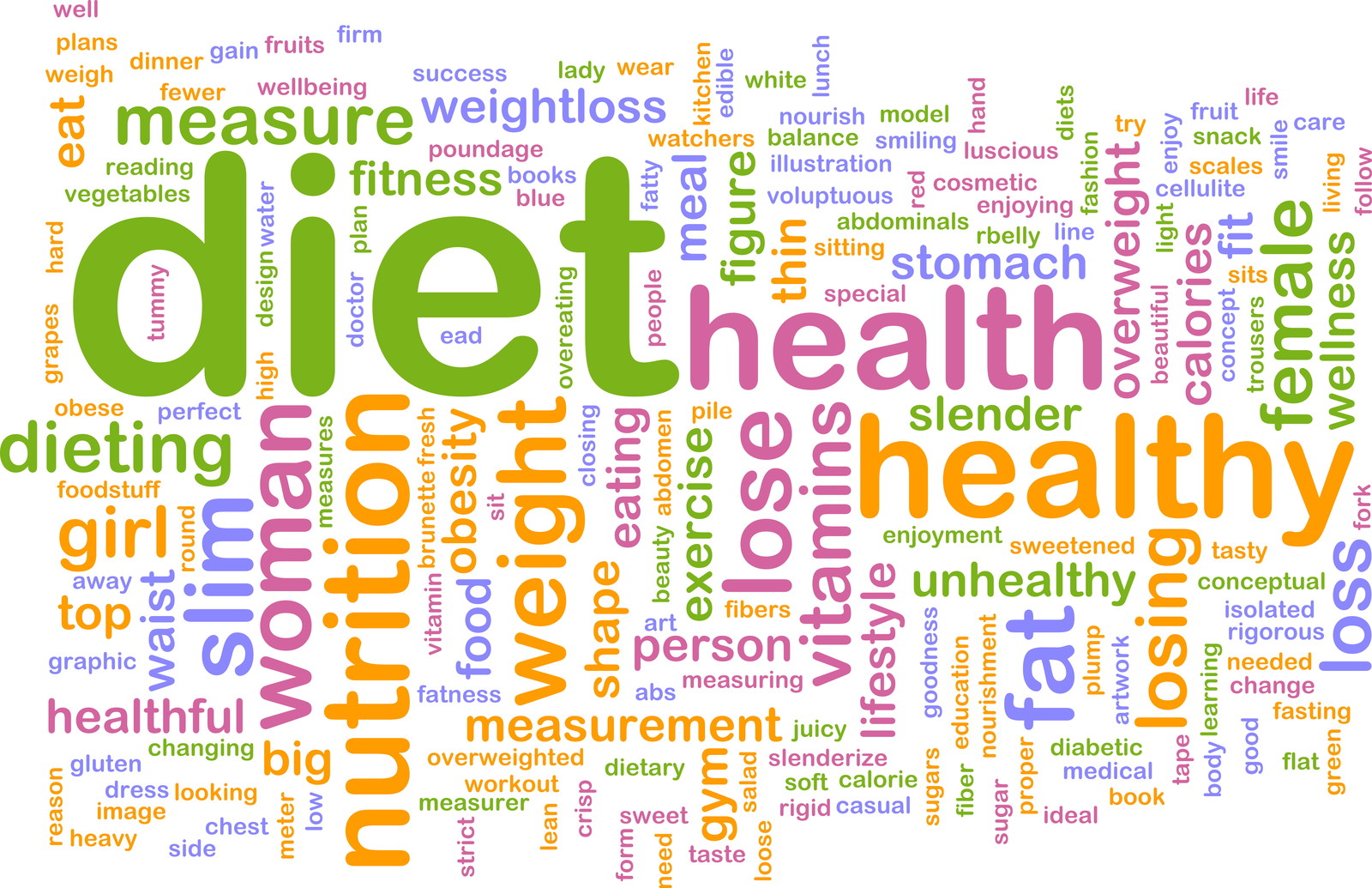[ad_1]
Hypothyroidism, an under-active thyroid, has numerous health issues associated with it. Women are ten times more likely to suffer from hypothyroidism than men, and the condition is most common in the 40 to 50 age group. The symptoms, as well as the basic problem, are manageable with regular exercise, a special diet, and medication in cases where the condition is severe.
People suffering from hypothyroidism experience sluggishness, fatigue, constipation, dry skin, unexplained weight gain, elevated blood cholesterol, aches, muscle tenderness and stiffness, joint pain, joint stiffness and swelling, heavier menstrual periods, brittle fingernails and hair, depression and so on. Most symptoms go unnoticed because women will assume that these are simple side effects of growing older. Many of these problems, however, are a result of a sluggish thyroid, and can be controlled, if not cured, by the right diet.
The right foods in your diet can make a big difference to how you feel and help control your symptoms and your weight. Sudden and overwhelming weight gain is one of the biggest and often the most visible side effect of hypothyroidism. The condition makes it difficult to lose the weight you gain. So finding a suitable diet is among the first things you need to do to fight the condition. Conventional crash diets and exercise do not to make a difference, and the best idea is to combine a hypothyroidism recommended diet with a suitable exercise regime, and medication if necessary, for best results.
A good recommended diet must include whole grains, seafood, fruits and vegetables, and lean protein. Foods like carrots, spinach, olive oil, apricots, bananas, avocado, asparagus, sunflower seeds, whole grain, and oily fish are good. On the other hand, foods like broccoli, sweet potato, cabbage, kale, lima beans, mustard, linseed, soy products, and peanuts are bad. This sounds strange, because the “food to avoid” list is chock full of food that is generally considered good for you. However, if you have hypothyroidism, these foods interfere with the absorption of iodine in your body.
Make sure to include Selenium in your diet as this trace mineral acts as an antioxidant helping to convert thyroid hormone T4, into the active T3 form. Fiber is also essential a hypothyroidism diet, especially if you are trying to lose weight. It gives you a feeling of fullness and helps with the constipation as well. It is best to get your fiber from foods rather than from a supplement pill. Include beans, and grains like rice, whole wheat, and oatmeal. Whole grains are a better choice so choose brown or whole wheat bread, brown rice.
It is better to avoid stimulants like coffee, and cola, and give up smoking and alcohol as they inhibit thyroid function. Try to remain as stress free as possible, or practice stress reducing measures like regular exercise, yoga or meditation. Also, an ideal diet for hypothyroidism would consist of many more, but smaller, meals, rather than a day with just four major meals. Five or six smaller meals through the day balance out the slow metabolism caused by this condition.
And last, but definitely not the least, don’t forget the Iodine! Hypothyroidism has definitely been associated with a diet that is low in iodine. So add sea salt or seaweed to give your diet that little bit extra!
